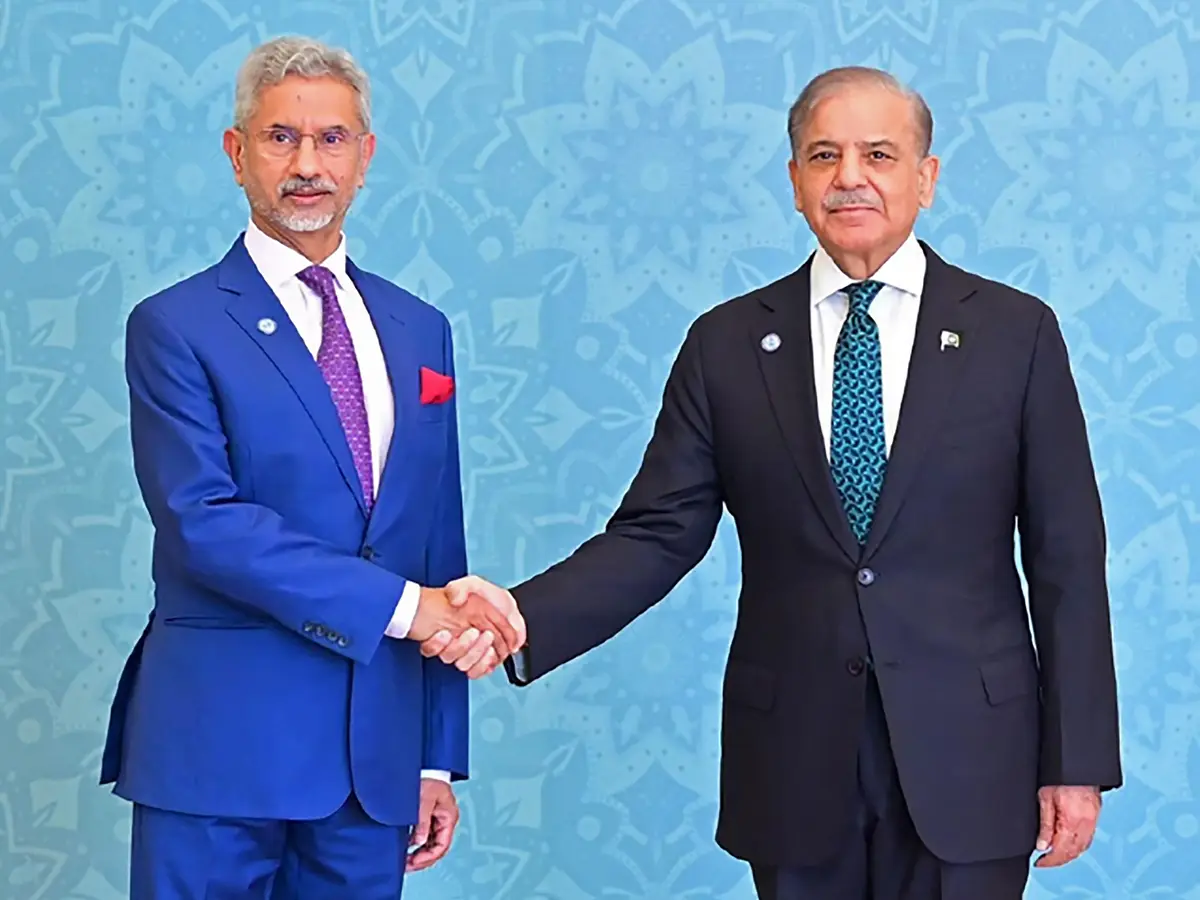Story highlights
Ahead of the SCO Summit 2025 in Tianjin, India and Pakistan face a diplomatic standoff over cross-border terrorism. Operation Sindoor, differing security priorities, and the need for consensus pose challenges to the bloc’s anti-terrorism objectives.
With the Shanghai Cooperation Organisation (SCO) Summit scheduled in Tianjin from August 31 to September 1, 2025, the spotlight is once again on the bloc’s stated mission of international security. As Prime Minister Narendra Modi prepares to join the SCO summit, both India and Pakistan are at odds with each other.
In a press briefing on Tuesday, India said that it expects strong condemnation from the SCO on cross-border terrorism. At a joint media briefing, Foreign Secretary Vikram Misri said that New Delhi is working with SCO members for a joint condemnation of terrorism in the summit’s declaration. He said that SCO was established with the primary goal of countering terrorism, separatism and extremism, which remains a challenge.
Why India and Pakistan disagree on terrorism at the SCO Summit?
India launched Operation Sindoor on May 7, targeting terrorist infrastructure within Pakistan’s territories in response to the Pahalgam attack of June 22. This triggered a 4-day-long violent clash.
Post Operation Sindoor, the SCO summit will be the first time the two nations will engage in diplomatic talks in a multilateral setting.
There is a structural anomaly or political contradiction within the SCO, particularly around the bone of contention between India and Pakistan, Kashmir. India wants the declaration to explicitly call out cross-border, state-sponsored terrorism, which is a veiled reference to Pakistan. Indian representatives have been on an Operation Sindoor outreach across the globe to justify the Indian rationale behind the airstrikes. They also referenced a picture to show Pakistani state involvement in terrorism, where a slain terrorist was receiving a state-sponsored funeral. However, Pakistan denies any such engagement and claims to be the victim of terrorism. Pakistan’s Prime Minister Shehbaz Sharif called Operation Sindoor a ‘cowardly act of war’. China officially, during Operation Sindoor, emphasised support for Pakistan’s sovereignty and territorial integrity. However, it did not directly acknowledge any operational support. Indian officials, including Deputy Chief of Army Staff Lt Gen Rahul R. Singh, have claimed that China supplied Pakistan with real-time intelligence during the conflict. Later, Pakistan showed willingness to engage in diplomatic talks to resolve the issue, including Kashmir, water sharing, and counterterrorism efforts.
However, SCO requires consensus from all members for finalising statements on terrorism. Even resistance from a single member, such as Pakistan, can block strong language condemnation of terrorism in a way that directly implicates them. Pakistan denies any involvement in the Pahlgham attack and seeks quantifiable evidence. Accepting a strong language condemnation will undermine its domestic and international position. It creates a persistent contradiction in SCO’s anti-terror goals and prevents it from achieving an actionable consensus.
